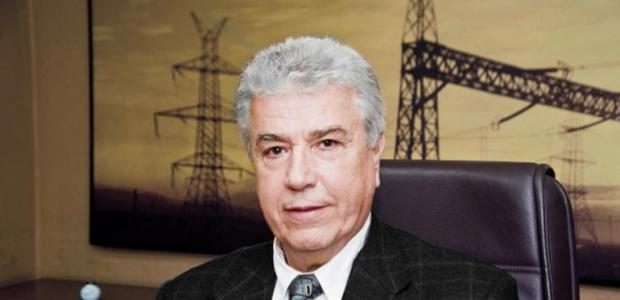The main power utility PPC’s CEO Manolis Panagiotakis and GENOP, its union of employees, both expressed opposition today to the privatization plan for subsidiary firm IPTO, the power grid operator, included in this morning’s basis for a bailout agreement between Greece and lenders.
The basis for a bailout deal, announced early today following all-night negotiations between Greek officials and creditor representatives, includes a condition for IPTO’s privatization, or a measure of equivalent worth that would promote competition in the local energy market.
“We are opposed to the sale of IPTO. It does not make business sense to deprive PPC of such a valuable asset amid transient conditions and at a bargain price,” Panagiotakis stated.
GENOP president Giorgos Adamidis stated: “A change of ownership at IPTO is not included in any EU directive. PPC belongs to the Greek people and cannot be sold. We will battle to cancel the effort being made by lenders to destroy our country’s biggest corporation.”
Panagiotakis, who expressed his opposition during a PPC shareholders meeting, noted that PPC ensures supply security for the Greek electricity market, as well as smooth functioning of power stations and the grid.
The CEO also raised a question as to whether a 20 percent discount offered to industrial consumers for high-voltage connections will be maintained through the bailout agreement. He also cautioned that care will be needed when implementing auctions for lower-priced electricity to avoid repercussions for consumers.
Panagiotakis noted that, as the electricity market stands, private-sector investors are free to enter the retail market if willing to take on the relative risks entailed and proceed with investments.
He reiterated the collection effort for overdue electricity bills owed by consumers who are able but not willing to pay stands as a top priority at PPC, whose cash flow has been severely affected amid the ongoing recession. He also urged public water companies, among others, to settle amounts owed to PPC.





